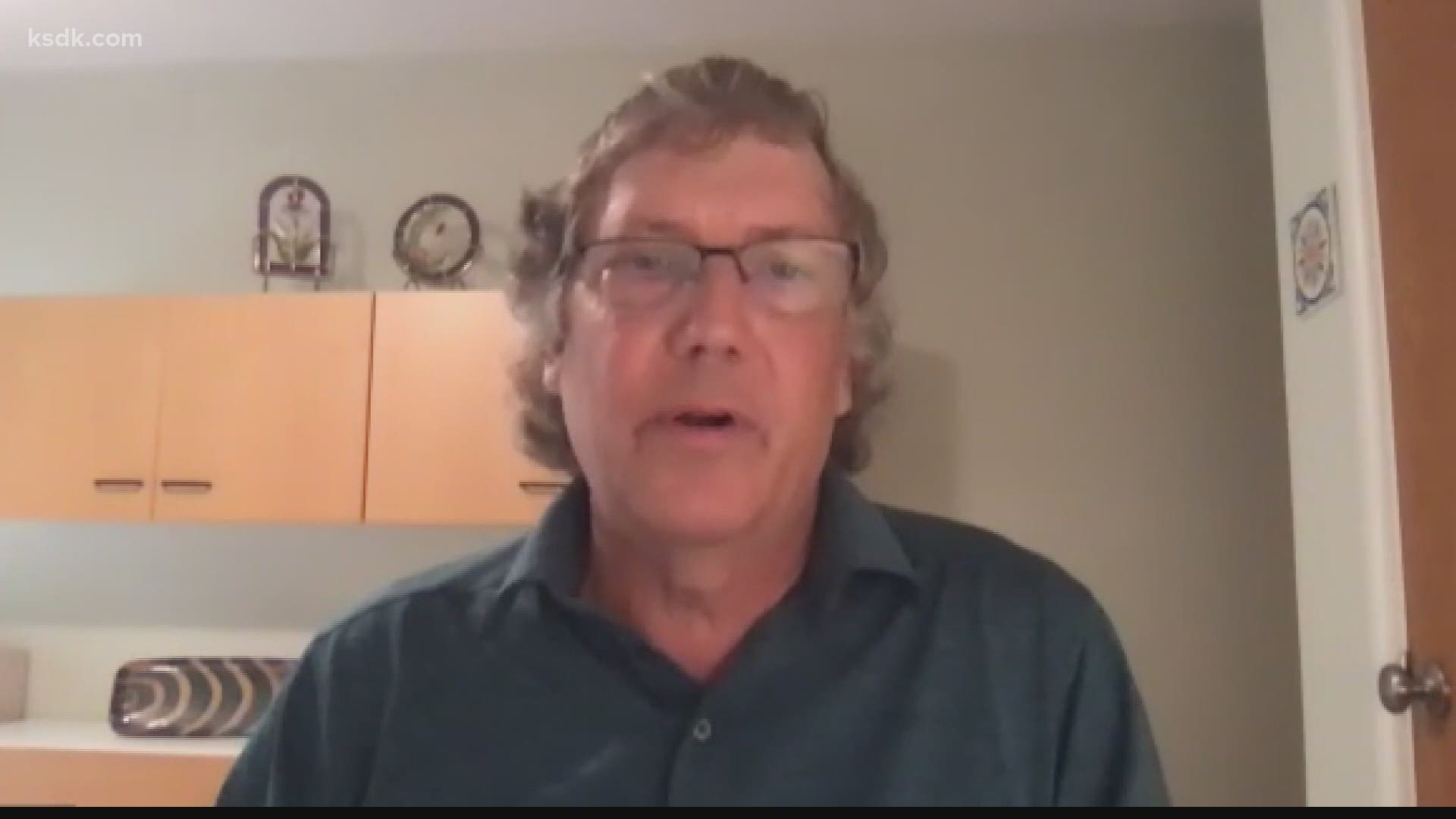ST. LOUIS — Washington University professor Steven Fazzari admits he’s relatively pessimistic about the economy in this current moment.
“Well, I'm certainly less optimistic than I was three or four weeks ago. I assumed that with a really slow recovery in the job market that somehow or another, the government, the federal government, would come together,” he said.
“The outlook for that looks pretty bleak right now.”
The director of the Weidenbaum Center on the Economy, Government, and Public Policy at Washington University says he sees no economic reason for the holdup on a second round of federal aid, picking up where the CARES Act left off—especially now that the extra $600 in weekly unemployment benefits has expired.
“We’re playing with fire with the economy,” he said.
Instead, it’s a political holdup: Republicans offered $400 a week in their package, but Democrats said it was not enough to support the 30 million Americans left jobless by the pandemic. President Donald Trump signed an executive order calling for individual states to cover $100 of the $400, which many governors have said they can't afford.
“Making the unemployment insurance part a state level program does lead to problems in these crises, this happens time and time again and recessions,” said Fazzari. “The States have a very different set of fiscal rules than the federal government. The economics are very different, you know. The states can't create money.”
While last week’s new unemployment numbers, 963,000, were the lowest since March, they’re still worst than the toughest week of the 2008 recession, with about 700,000 new claims. Fazzari says even with small signs of recovery--or at least a slowdown in layoffs--he thinks it’s too soon for dramatic cuts to benefits.
“One of the arguments that some people make, some economists make, is that well by giving people such a generous unemployment benefit in some situations, they're making more on unemployment that they would make working; that that somehow is discouraging people to going back to work. But careful economic studies have found virtually no evidence of that.”
He sides with economists who figure supporting the unemployed right now will support the rest of the system.
“Thirty million people unemployed, these people can't, you know, basically live their lives and then they're going to have them, you know, get deeper, deeper financial trouble and it'll spread to the broader economy: we'll all suffer because of this,” he said.
While he believes the immediate concern is for the next six months, plans must be made with the understanding that the crisis could continue well into 2021.
“If we, from my point of view, fumble the short term we're more likely to have problems, the long term,” he said, arguing that the common points against heavy spending on unemployment benefits don’t apply during a forced shutdown.
The ongoing pandemic, he says, must be considered in every economic move in this moment.
“Many economists are saying, and I agree with this, that the fix the economic problems, we need to take care of the virus.”

